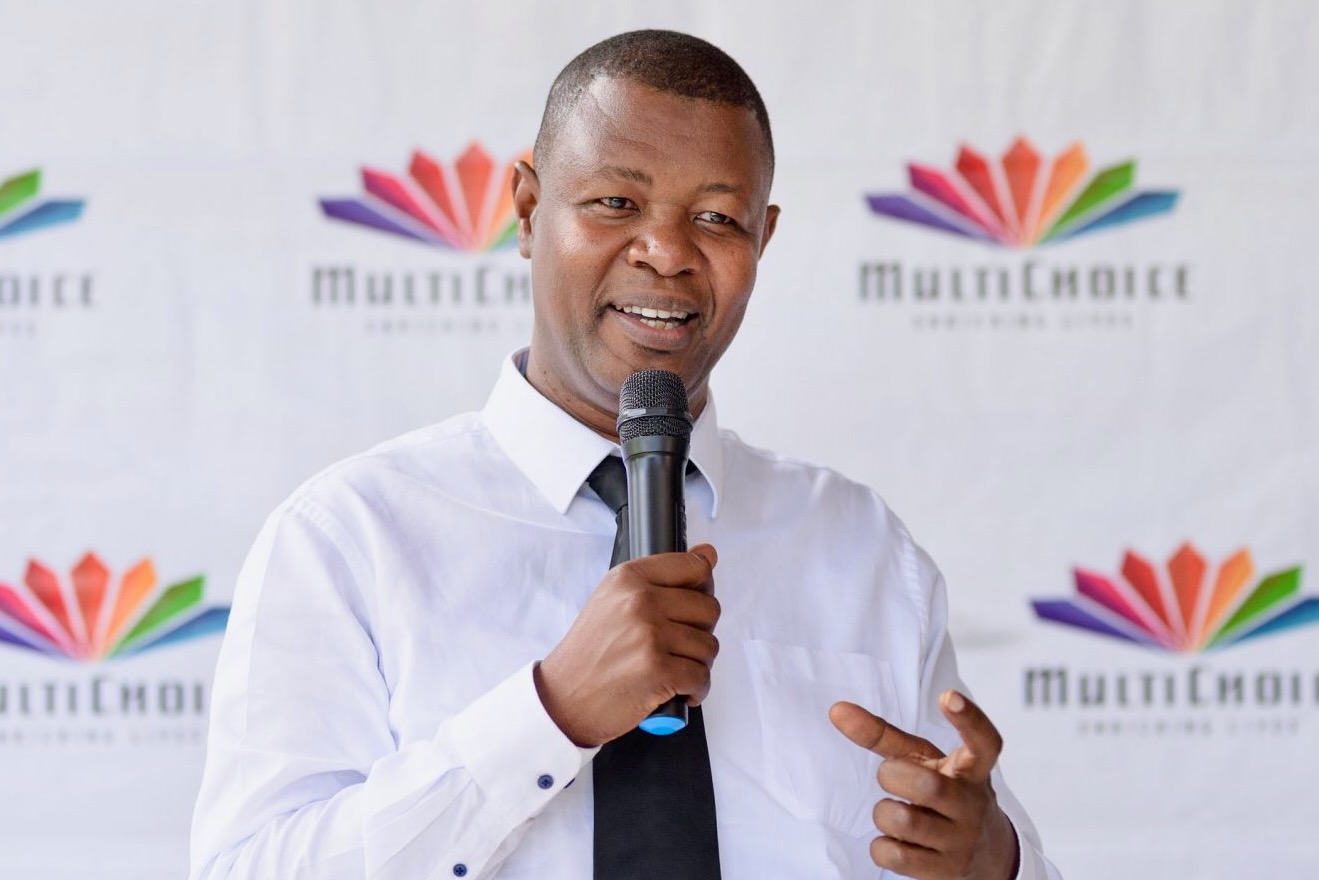When Multichoice Uganda sought to replace their long-serving Chief Executive, Charles Hamya, they turned to Hassan Saleh. MultiChoice Uganda is 100% owned by MultiChoice Africa Holdings- the South-African headquartered entertainment group…
Man In The Hot Seat⏤ Multichoice Uganda’s Hassan Saleh


